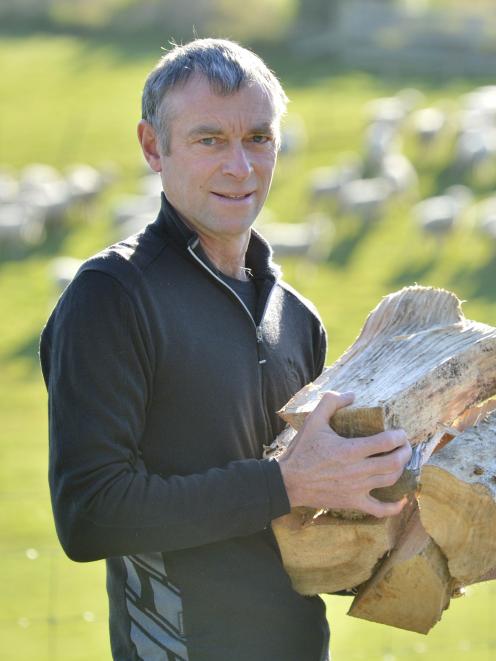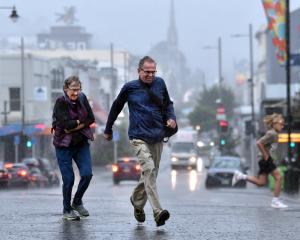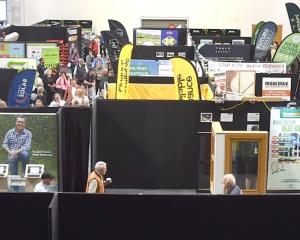
On May 15, Stephen Woodhead woke early, as usual, on his farm in Crichton, near Milton.
He went about his daily tasks, but by 7.30am began to feel a tingle in his right arm.
He wrote a personal reminder, read it back, and noticed the words were messier than usual.
''I Googled stroke symptoms. I ended up lying in bed in a ward later that day.''
Mr Woodhead was in Dunedin Hospital for three days and then Wakari Hospital's Isis centre for a week.
He is now taking things slowly at home, using physiotherapy to improve arm movement but expected to make a full recovery.
The shock of the stroke was ''profound'' and ''very emotional for the first 24 hours'', he said.
''I was not in control ... it wasn't just a case of getting a few stitches and going home.''
From the experience, he learnt the importance of caring about personal health.
''I've never broken a bone. Before that I'd never spent a night in hospital since the day I was born.''
It came as such a surprise because he thought slightly elevated cholesterol levels were his only health risk.
He had never smoked, drank alcohol only occasionally, was active, of slim build and was ''at 56 starting to slow up, but in good health''.
Males could often think of themselves as ''a bit 10-foot-tall and bulletproof'',
especially some rural men, he said.
''I, like many men, avoided going to the doctor at all costs. Harden up is the underlying thought.''
Illness could come when farmers were busy or under stress, such as during lambing or calving during spring.
These were tasks they could not walk away from, he said.
''They will put animals or the farm in front of their own health.''
Because of this, he encouraged farmers to care more about their health, which started with more regular doctors visits.
Mr Woodhead's stroke was partly caused by high blood pressure.
While his was up slightly the last time he was tested, he was not aware it was overly high.
''And certainly not aware that most people's blood pressure gradually increases with age.''
He is now ''pottering'' around his home, and replying to the odd regional council email.
He hopes to attend a council meeting at the end of the month, but is focused on recovery.
Dunedin osteopath Kelly Burnett wrote her master's thesis on attitudes in rural communities to pain and help-seeking.
She found there was a culture of putting pain and sickness in ''the back of the mind'' and valuing work before health.
''If there's any doubt in your mind that there's anything wrong with your health, get it checked just to be safe.''













